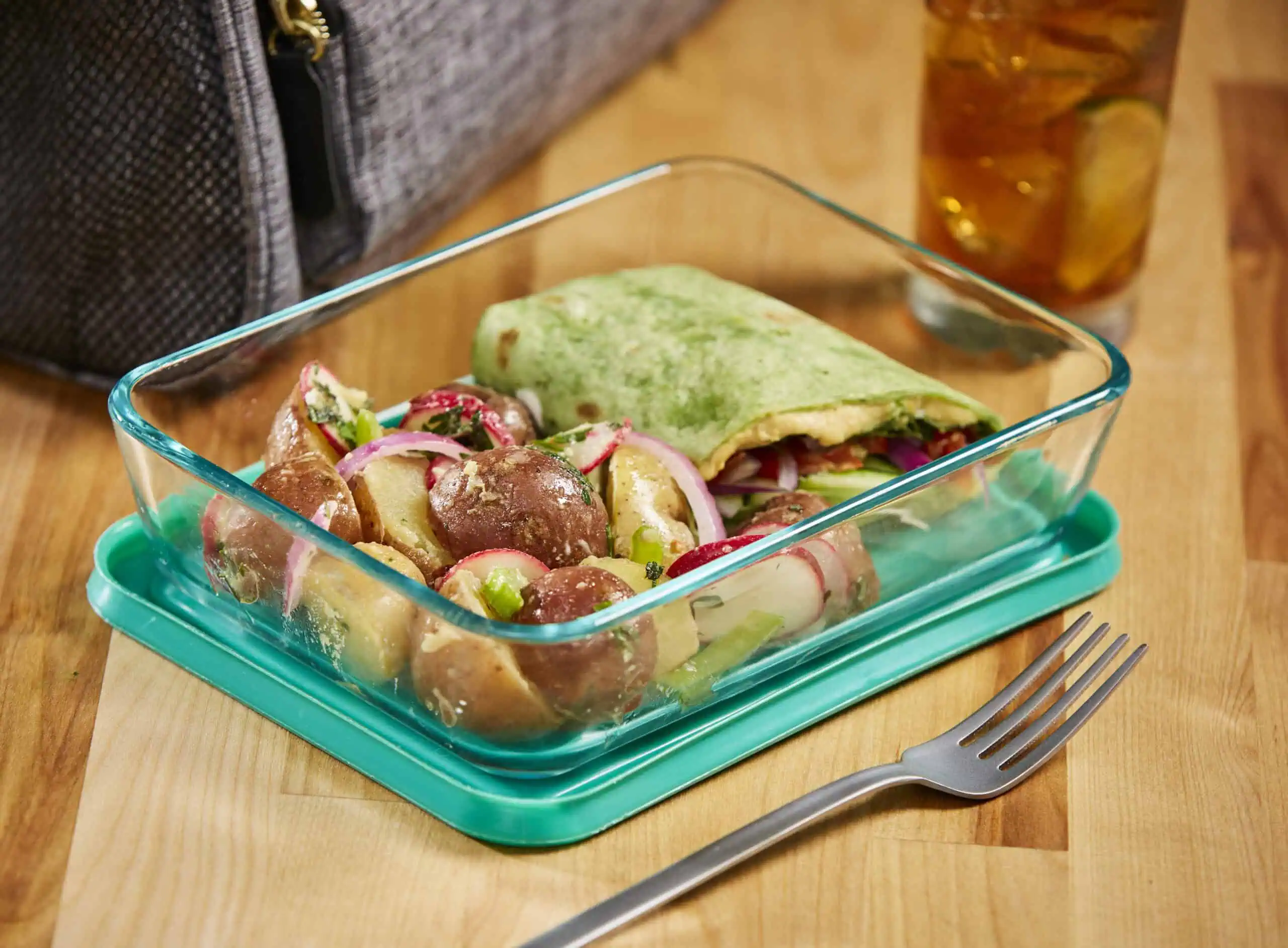How to Freeze Potatoes

Freezing potatoes can be a game-changer for reducing waste and saving time in the kitchen. Whether you’re wondering “Can you freeze mashed potatoes?” or “Can you freeze potato salad?” this guide covers everything you need to know about freezing raw potatoes, mashed potatoes, potato salad, potato soup, and baked potatoes. We’ll explore how to prepare them for freezing, how long they last, and the best ways to thaw them for optimal texture and flavor.
How to Freeze Potatoes
Freezing raw potatoes requires a few steps to preserve their texture and prevent discoloration:
Wash and Peel:
Start with fresh, firm potatoes. Wash thoroughly and peel if desired.
Blanch:
Cut potatoes into preferred size (e.g., cubes, slices, or wedges). Boil for 3-5 minutes, then quickly cool them in an ice bath. Blanching stops enzymatic activity that can affect texture and flavor.
Dry and Freeze:
Pat the potatoes dry and spread them on a baking sheet in a single layer. Freeze for 1-2 hours, then transfer them to an airtight container or freezer bag.
Shelf Life:
Raw potatoes, when properly frozen, last up to 12 months.
Avoid Freezing Raw Whole Potatoes:
Whole, raw potatoes don’t freeze well; their high water content leads to a mushy texture.
Can You Freeze Mashed Potatoes?
Yes, mashed potatoes freeze beautifully when prepared correctly!
Add Butter or Cream:
The fat content helps preserve texture. Avoid freezing plain mashed potatoes, as they can become grainy.
Cool Completely:
Let the mashed potatoes cool to room temperature.
Portion and Pack:
Divide into portions and place in airtight containers or freezer-safe bags.
Shelf Life:
Frozen mashed potatoes are best used within 6 months.
Thawing:
Defrost in the refrigerator overnight and reheat in the oven, microwave, or stovetop, stirring frequently for even heating.
Can You Freeze Potato Salad?
Freezing potato salad is tricky because mayonnaise and eggs don’t freeze well, often separating and becoming watery when thawed. However, vinegar-based potato salads fare better.
Modify the Recipe:
If you plan to freeze potato salad, use a dressing made with oil and vinegar rather than mayonnaise.
Store in Airtight Containers:
Place in a freezer-safe container with as little air as possible.
Shelf Life:
Up to 3 months.
Thawing:
Defrost in the fridge overnight. Refresh with additional dressing to restore flavor and texture.
Freezing Potato Soup
Potato soup freezes well, especially when it’s blended or pureed. Avoid freezing soups with dairy, as milk and cream can separate.
Cool Thoroughly:
Let the soup cool before freezing.
Portion and Pack:
Divide the soup into single servings and store in airtight, freezer-safe containers or bags.
Shelf Life:
Up to 6 months.
Thawing:
Reheat gently on the stovetop or microwave, stirring frequently. Add fresh cream or milk after reheating if needed.
Freezing Baked Potatoes
Yes, you can freeze baked potatoes, though the texture may change slightly. They work best for future dishes like casseroles.
Bake and Cool:
Fully cook the potatoes and let them cool completely.
Wrap Individually:
Wrap each potato in aluminum foil or plastic wrap, then place in a freezer-safe bag.
Label and Store:
Always label with the freezing date.
Shelf Life:
Up to 6 months.
Thawing:
Reheat in the oven at 375°F for 20-30 minutes or microwave until warmed through.
Remember to always include dates to ensure you use frozen potatoes within their recommended shelf life. Also choose freezer-safe containers. Airtight bags or containers minimize freezer burn. Freezing potatoes is a practical way to cut waste and ensure you always have this versatile ingredient on hand. With the right preparation and storage, your frozen potatoes will taste almost as good as fresh!


